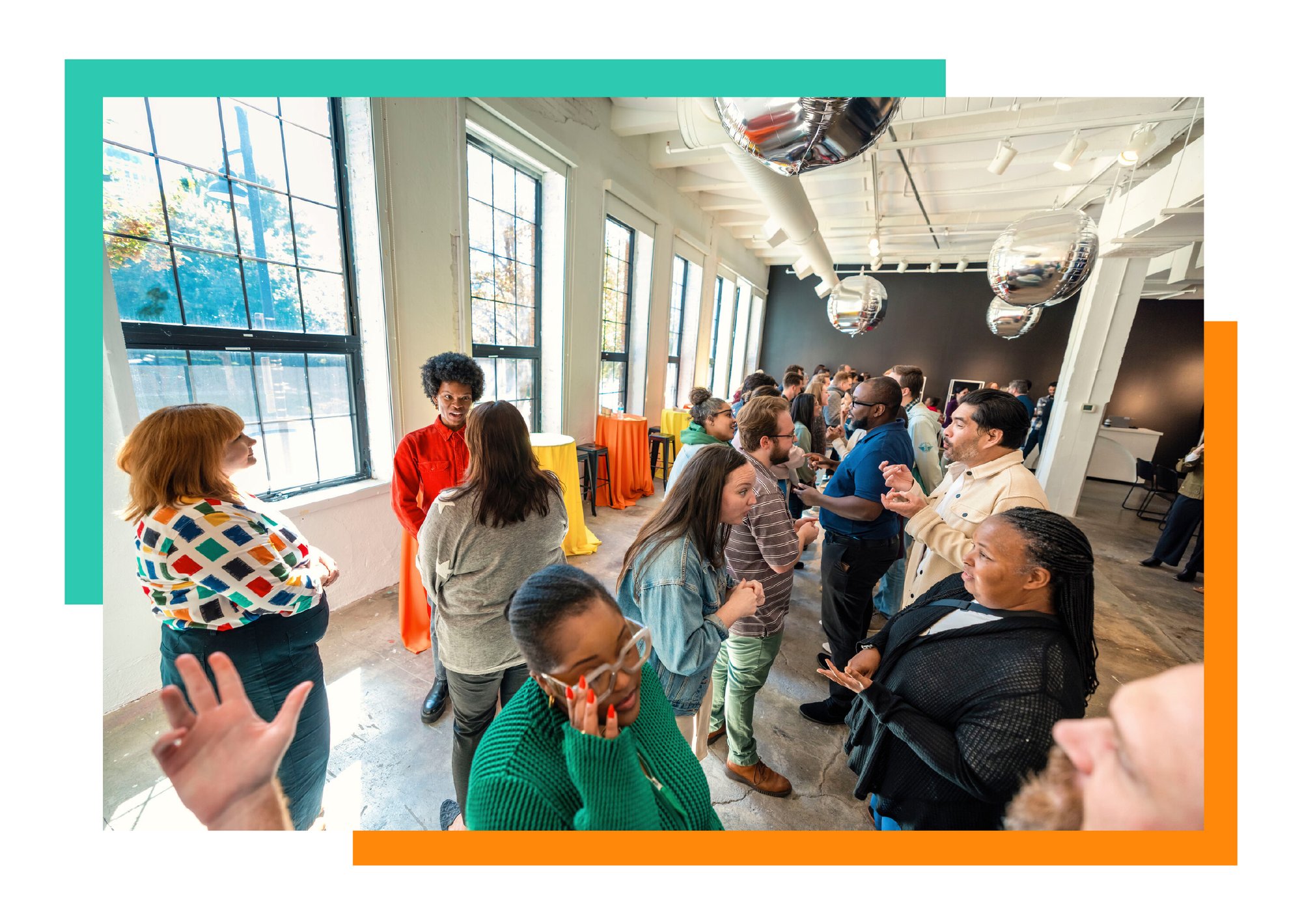Sustainable Growth &
Economic Impact
From rapid transformation to long-term sustainability, Tulsa Remote continues to boost Tulsa’s economy, support local businesses, and contribute to building a more diverse and vibrant city for all.

 3,475 Remoters
3,475 Remoters
 $622 Million
$622 Million
 Focus on Diversity
Focus on Diversity
 2X Work Satisfaction
2X Work Satisfaction
 96% Completion Rate
96% Completion Rate
Completion Rate: 96% of Remoters successfully completed their program year in Tulsa.
 70% Retention Rate
70% Retention Rate
Retention Rate: 70% of Remoters who have completed their program year since 2019 are still in Tulsa.

Before moving to Tulsa, I spent two hours a day commuting, feeling drained and disconnected from life outside work. Since relocating, I’ve reclaimed my time, prioritized my mental health, and found true balance. Now, I’m investing the energy I used to spend on logistics into more meaningful things.
Tanisha Williams,
Instructional Design & Technology Consultant

After 30+ years in Chicagoland, my husband Jimmy and I have found more opportunities in one year in Tulsa than ever before. Jimmy expanded his business, bought a company, and joined a local band, while I rediscovered my love for horses, started a garden, and pursued my passion for jazz.
Amanda Hanus,
National Sales Manager

Moving to Tulsa was about more than just a new location—it was about being part of Black Wall Street’s legacy and supporting Black businesses in tech. After researching Tulsa’s growing tech economy, I knew this was where I wanted to be. Outside of work, life here is incredible—coming home to a yard and hearing birds chirp is something I never experienced in Los Angeles.
Randon Young,
Senior Talent Acquisition Consultant

After attending Tulsa Remote’s Plugged In conference, I’m more convinced than ever that remote work is the future. This experience reignited my appreciation for meaningful discussion and the profound importance of community and connection in remote work.
Edward Schaefer,
Executive Leadership Coach
Download a PDF of past reports below.